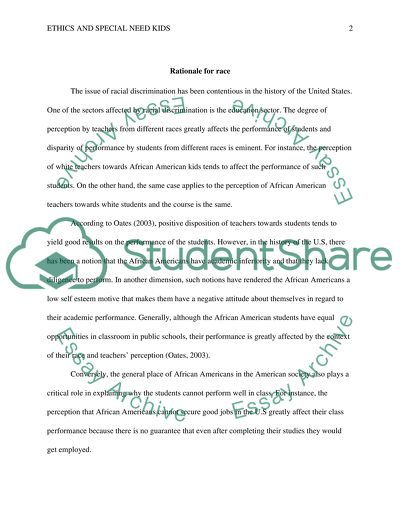Cite this document
(“Ethics and special need kids Research Proposal Example | Topics and Well Written Essays - 3000 words”, n.d.)
Ethics and special need kids Research Proposal Example | Topics and Well Written Essays - 3000 words. Retrieved from https://studentshare.org/law/1497047-ethics-and-special-need-kids
Ethics and special need kids Research Proposal Example | Topics and Well Written Essays - 3000 words. Retrieved from https://studentshare.org/law/1497047-ethics-and-special-need-kids
(Ethics and Special Need Kids Research Proposal Example | Topics and Well Written Essays - 3000 Words)
Ethics and Special Need Kids Research Proposal Example | Topics and Well Written Essays - 3000 Words. https://studentshare.org/law/1497047-ethics-and-special-need-kids.
Ethics and Special Need Kids Research Proposal Example | Topics and Well Written Essays - 3000 Words. https://studentshare.org/law/1497047-ethics-and-special-need-kids.
“Ethics and Special Need Kids Research Proposal Example | Topics and Well Written Essays - 3000 Words”, n.d. https://studentshare.org/law/1497047-ethics-and-special-need-kids.


